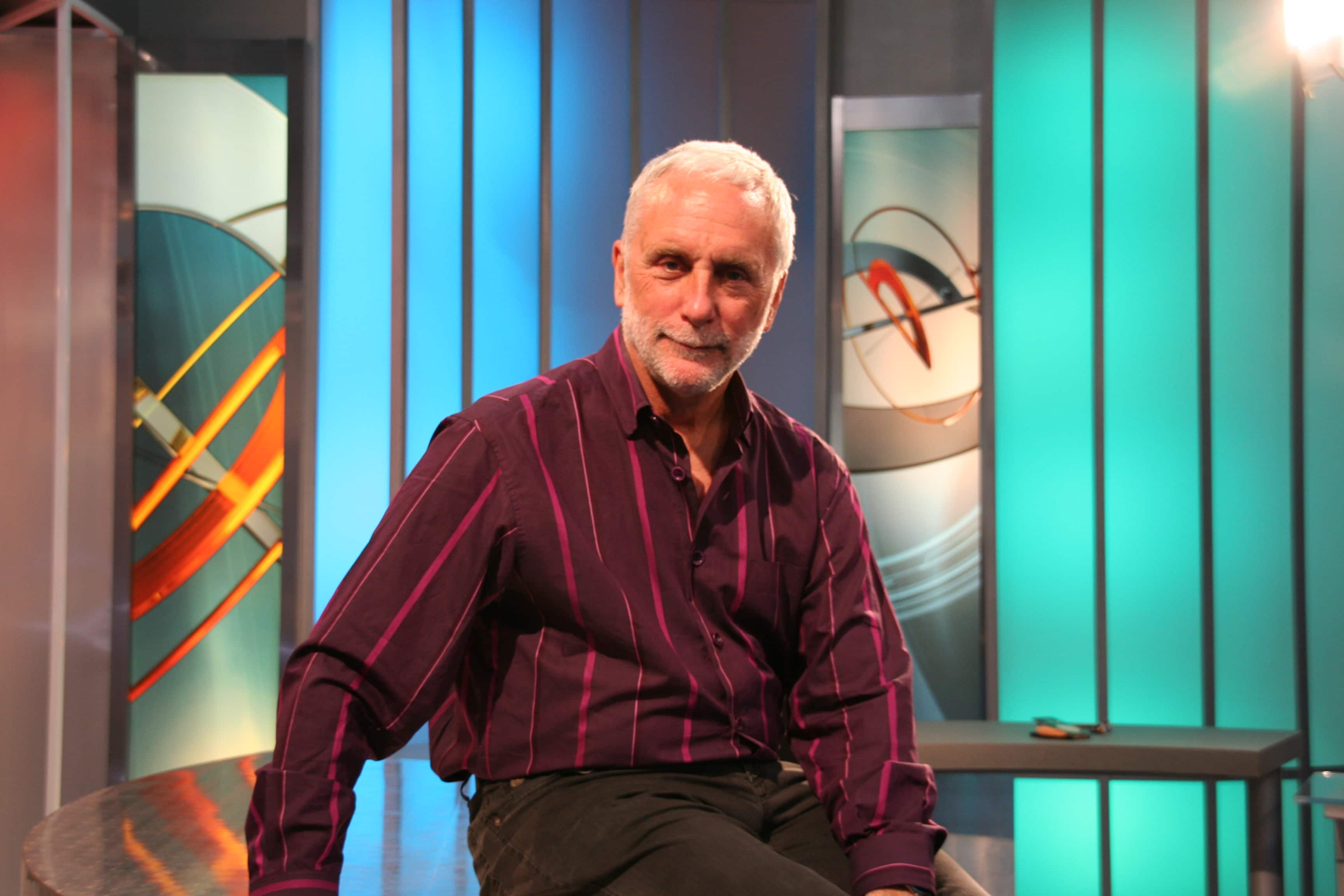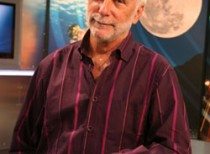Keynote Speeches
Alzheimer’s, called ‘the plague of the 21st century’ for its dramatic increase in numbers and the challenge it poses to health care. There are no effective treatments, merely a handful of drugs that promise only short-lived alleviation of symptoms. But as familiar as we are with Alzheimer’s disease among friends and family, there are so many questions: where did it come from? Why weren’t we talking about it even fifty years ago? Do we understand what really is going on in the disease? A hundred years ago Alzheimer identified the key markers of the disease, and we still rely on them today. Maybe it’s time for a rethink. And where will we find treatments – and when?
Back by popular demand: a brand-new series of science queries, quirks, and quandaries based on the mega-bestselling Science of Why series, sure to enlighten and entertain all ages.
Have you ever wondered what was the worst year ever? What is the fastest animal on earth? Is muscle memory a real thing?
Yes? Then you’re in for a treat! Bestselling author Jay Ingram is here to take you on a rollercoaster ride through science’s most perplexing puzzles. From the age-old mysteries that have fascinated us to the pressing unknowns about our future and all the everyday wonderings in-between, Jay answers questions that confound and dumbfound, such as:
Are banana peels really slippery?
What are lucid dreams?
Are octopuses from outer space?
…along with everything you ever wanted to know about cute dogs, scary clowns, shuffling cards, Mexican jumping beans and, just how black is black.
Bursting with laugh-out-loud illustrations, jaw-dropping marvels, and head-scratching science fictions, The Science of Why, gives audiences of all stripes a real thrill.
What is it about the idea of journeying to other planets that is so compelling – so addictive? And why has Mars always been the centrepiece? This show is a celebration of our obsession with the planet Mars. There is imagery from a century ago; radio from the 1930s; art and science from the 1950s. And such characters: Percival Lowell, the man who popularized the idea that there were canals on Mars built by a dwindling Martian civilization, Edgar Rice Burroughs, whose fame owed more to his Barsoom series than to Tarzan, and H.G. and Orson (Wells and Welles). Of course there is also great music by my band, The Free Radicals,; the perfect accompaniment to an underappreciated era.
A controversial view of human sexual behaviour attributes much of it to Darwin’s natural selection, not to culture. It can’t be all Darwin, but it can’t be entirely Darwin-free either. Given that the research explores everything from the importance of bling to lap-dancing, this talk gets laughs even from those who disagree with it. Always presented with my band The Mutations.
A commonly held misconception, especially among experts, is that when it comes to scientific controversies, differences of opinion exist only because of ignorance. When people know the science better, they’ll see the ‘truth’. Wrong. Polarized opinions have a social/cultural, not scientific, basis. This talk is often presented with my band The Turbines. Theatre of the Mind Based on my book of the same name, this talk explores how the scientific approach to consciousness has, if not revolutionized, at the very least reoriented the search for understanding of human consciousness. The science reveals that the idea that consciousness is pre-eminent among all the things our brains do is a myth, probably promulgated by …. consciousness itself. Jay customizes talks based on the nature of the event he is speaking at.
Based on my book of the same name, this talk explores how the scientific approach to consciousness has, if not revolutionized, at the very least reoriented the search for understanding of human consciousness. The science reveals that the idea that consciousness is pre-eminent among all the things our brains do is a myth, probably promulgated by …. consciousness itself. Jay customizes talks based on the nature of the event he is speaking at.


















Similar Speakers 123